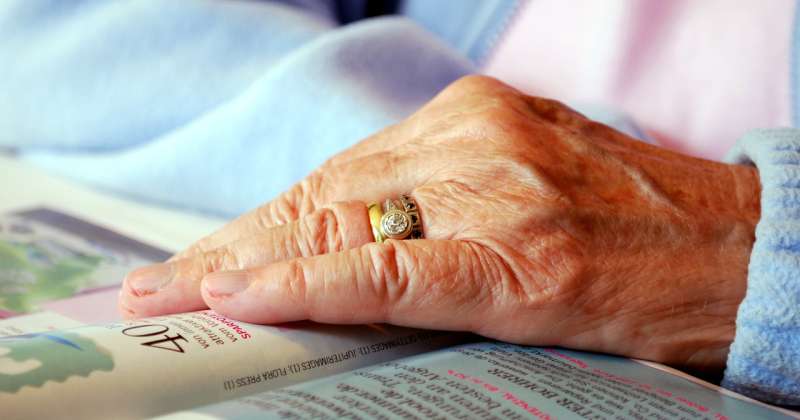Older women liable to lifetime of unequal pay and working conditions

Older women are more vulnerable to financial difficulties than older men, with their employment history and family circumstances impacting on pension income and ability to save.
The report, Inequalities in Later Life, led by Newcastle University and the Centre for Ageing Better, highlights huge disparities in health, financial security, social connections, and housing, with negative impacts for those who are worse off that accumulate as they grow older.
The evidence review highlights that severe inequalities for older people are largely a product of poverty and disadvantage throughout life.
Poor education and work opportunities, along with lack of social connection can have long-term consequences, often made worse by factors such as reduced income in retirement and the impact of having many long-term health conditions.
Whilst women suffer these inequalities more than men, people from BME backgrounds and some from LGBT are also disproportionately disadvantaged.
Call for action
Experts are now calling for action to tackle these shameful inequalities. Government policies and employers' practises need to change to enable women to stay in or return to the labour market. This should mean increasing the quality, affordability and availability of childcare, and helping carers stay in work.
State pension and auto-enrolment schemes should not penalise those without an uninterrupted, full time employment history.
Amongst other areas, the report highlights inequalities in:
- Physical and mental health: older people with the least wealth are more likely to have one or more health problems, including angina, diabetes, depression, osteoarthritis and cataracts. Poorer people in later life are up to 4.2 times more likely to have diabetes and up to 15.1 times more likely to have osteoarthritis. Older people who live in poorer areas are significantly more likely to be frail than those who live in richer areas and have more wealth.
- Financial security: powerful evidence exists of gender inequalities in later life, with more older women financially insecure than older men. Only 36% of women aged 65-69 years received the full state pension in 2014. Female part-time workers or women with low grade jobs are at greater risk, and women who have spent most of their lives working part-time are no better off in retirement than women who have never worked. There is also evidence which suggests that people from ethnic minority backgrounds are less likely to have adequate pension savings, with women from ethnic minority backgrounds at particular risk.
- Social connections: higher education and wealth are associated with better social connections in later life. Older BME adults show no difference to white British older adults in terms of getting and giving informal social support, but older lesbian, gay and bisexual people can experience challenges that others don't face in later life – for some the impact of losing a partner can be worsened if their networks perceive their bereavement as loss of a 'friend'.
- Home and living environment: many older people in socially deprived areas worry about safety, security and mobility in their living environment. As well as avoiding some areas for fear of assault, older people who have physical mobility issues also express fears about crowded areas or falling without anyone to help. Whilst studies focus on the neighbourhood environment, a lack of research in housing inequalities for older people creates a real problem in understanding fully how poor housing affects those in later life.
Life disadvantages
Professor Thomas Scharf, lead author from Newcastle University Institute for Ageing, said: "Our research confirms the persisting nature of inequalities affecting people in later life. This means that, as people age, not everyone has the same access to good health and wellbeing, decent incomes and housing, or supportive social relationships.
"The fact that evidence of inequalities is consistent over time points to the need for a stronger focus on addressing the causes of disadvantage in later life. This is a challenge not only for government, but for society as a whole."
Claire Turner, Director of Evidence at the Centre for Ageing Better, said: "A good later life is something we should expect for everyone. It should not be conditional on where we live or how much money we have, nor on our gender, race, disability or sexuality.
"But cumulative poverty and disadvantage throughout life mean that many people will suffer poor health, financial insecurity, weak social connections and ultimately a shorter life.
"These inequalities - with richer older people living around eight years longer than those with less advantage - are shocking and have sustained over time, despite policy and practise designed to reduce them.
This problem is particularly acute for women. Most women age 65-69 do not receive the full state pension. Government policies and employer practises need to change to enable women to stay in or return to work in later life, and state pension and auto-enrolment schemes should not penalise those without an uninterrupted full-time employment history.
Helping current older people and protecting future generations from this shameful level of inequality in health and wealth should be at the heart of policy making across health, housing, work and pensions."
Provided by Newcastle University
















